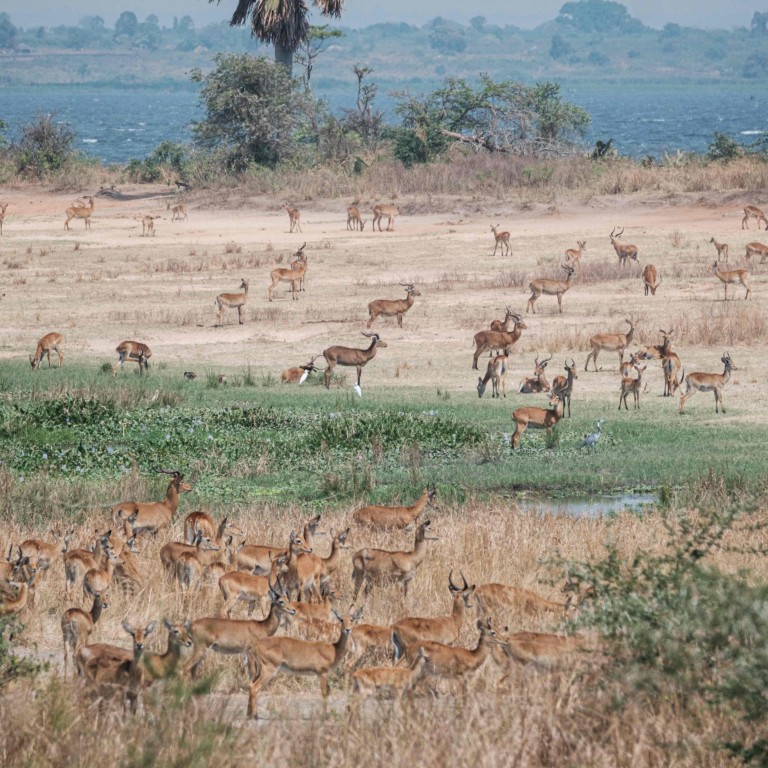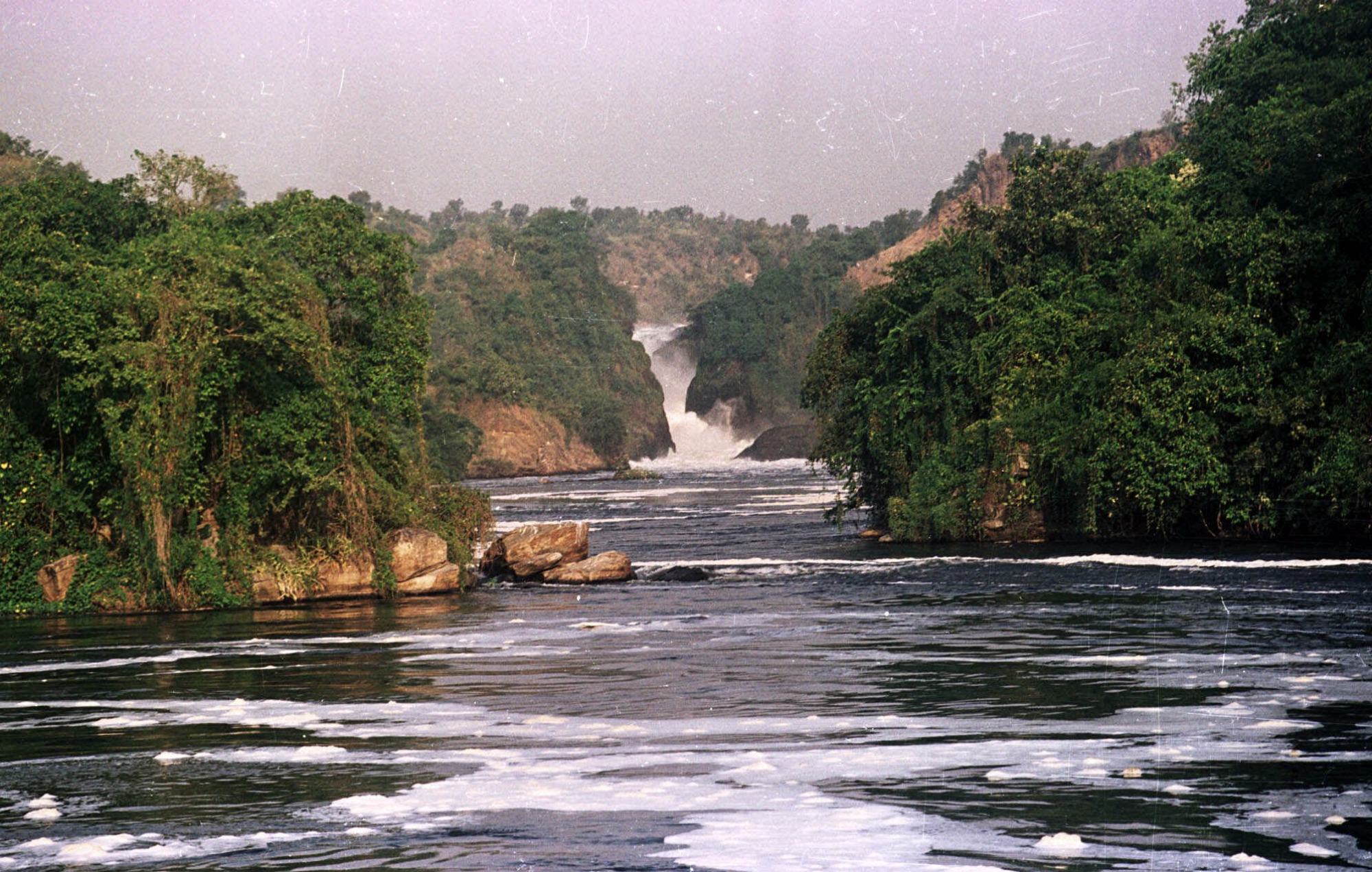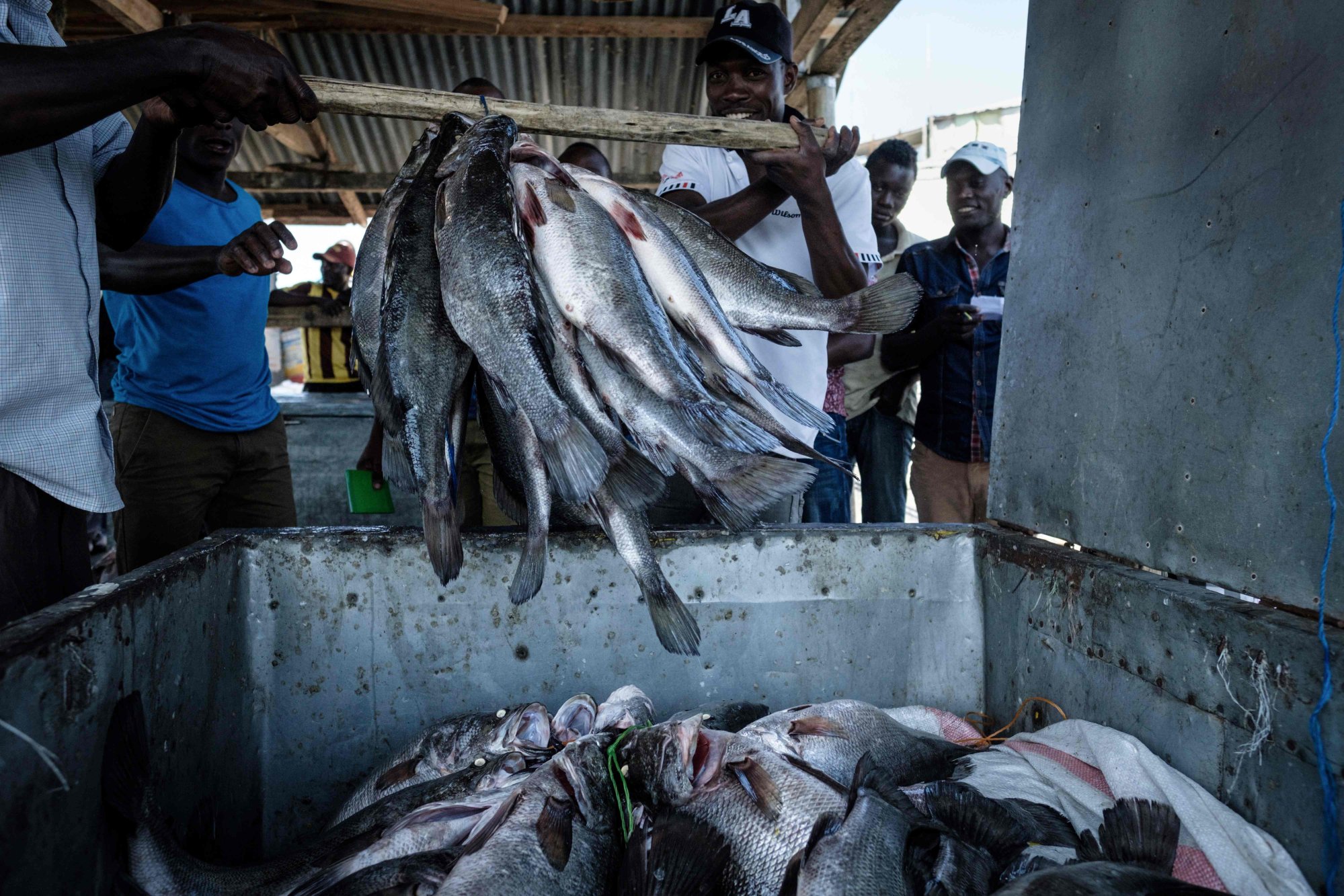
How does drilling for oil in Uganda’s national park live up to China’s COP15 biodiversity pledge?
- Chinese state firms are involved in the planned East African Crude Oil Pipeline and oilfields, which threaten the biodiversity-rich area and local livelihoods
- Instead of locking Uganda into a ‘brown transition’, China should live up to its COP15 and stop investing in such projects
I can’t help but wonder if President Xi is aware of how Chinese investment is fuelling a biodiversity crisis in my community right now – and a “brown transition” from the green lifestyle we have cherished for generations.
I live with my child in Hoima district in Western Uganda, one of the richest natural habitats in the world. It includes Lake Albert, the headwaters of the Nile and Congo rivers, Murchison Falls National Park – one of Uganda’s largest parks and a critical draw for tourism – and the Murchison Falls-Albert Delta system, an internationally protected Ramsar wetland. This area contains biodiversity unparalleled on the African continent.
President Xi referenced a Chinese proverb in his speech that says, “all living things should flourish without harming each other”. I am proud that my community has long lived by these words, protecting our region’s natural beauty and biodiversity. Now, I am horrified by what the EACOP and associated oilfields could do to our home.
Under its Kingfisher project, China National Offshore Oil Corporation (CNOOC) is putting its central processing facility and well pads directly within the sensitive Buhuka Flats area on the shores of Lake Albert. Under the Tilenga project, French oil giant TotalEnergies plans to drill about 140 oil wells within Murchison Falls National Park.

The EACOP itself, the planned 1,443km pipeline to be constructed by CNOOC, TotalEnergies, and the Ugandan and Tanzanian governments, poses a high risk of pollution to Lake Victoria, the largest freshwater lake in Africa and a critical source of water, hydropower and food for more than 40 million people.
It will also affect nearly 2,000 sq km of protected wildlife habitats as it passes through Uganda and Tanzania before reaching two protected marine areas off the coast.
In addition to CNOOC, two other Chinese state-owned oil companies, China National Petroleum Corporation (CNPC) and the China Petrochemical and Chemical Corporation (Sinopec), are working as contractors, and it is reported that the state-owned Industrial and Commercial Bank of China (ICBC) is acting as one of the financial advisers for the projects.
COP15: For China to achieve its biodiversity goals, SOEs must lead the way
The oil companies speak a lot about the jobs that will be created, but these opportunities jeopardise the existing livelihoods of a much bigger population. The projects pose significant risk to important sectors, such as tourism, agriculture, fisheries and others, that are the biggest employers of Ugandans.
The fisheries sector alone employs over 5 million people, with Lake Albert and Lake Victoria serving as primary sources. But the planned oil extraction and pipeline construction threaten fish production. Pollution and contamination due to poor waste management have already affected lagoons around Lake Albert and fishermen have reported reduced fish catch after oil exploration activities.

In comparison, the EACOP environmental and social impact assessment says it will create about 2,000 direct jobs – only about 200 of which will be open to non-professionals like fisherfolk and farmers. Even these jobs will end once the facilities are built. The oil projects will lock Uganda and Tanzania into a “brown economy” for decades, costing us the opportunities of a green transition.
I am not the only one with concerns. Many Ugandans oppose these projects. Many banks and insurers have refused to back them, out of environmental and social concerns, including apparent violations of international standards.
After successfully presiding over a historic COP15, China’s leaders need to walk the talk on green development. That includes committing to stop Chinese investment in projects that destroy biodiversity, and instead investing in green energy and more sustainable economic drivers that truly benefit communities like mine.
Comfert Aganyira is an environmental and human rights defender who lives in Western Uganda

